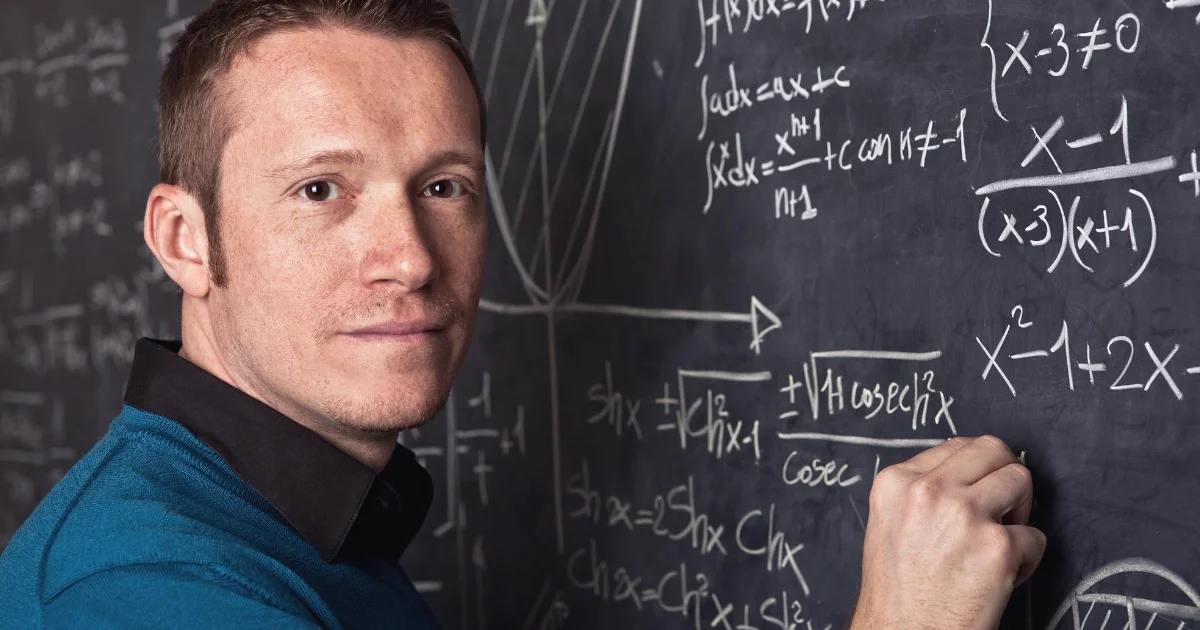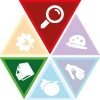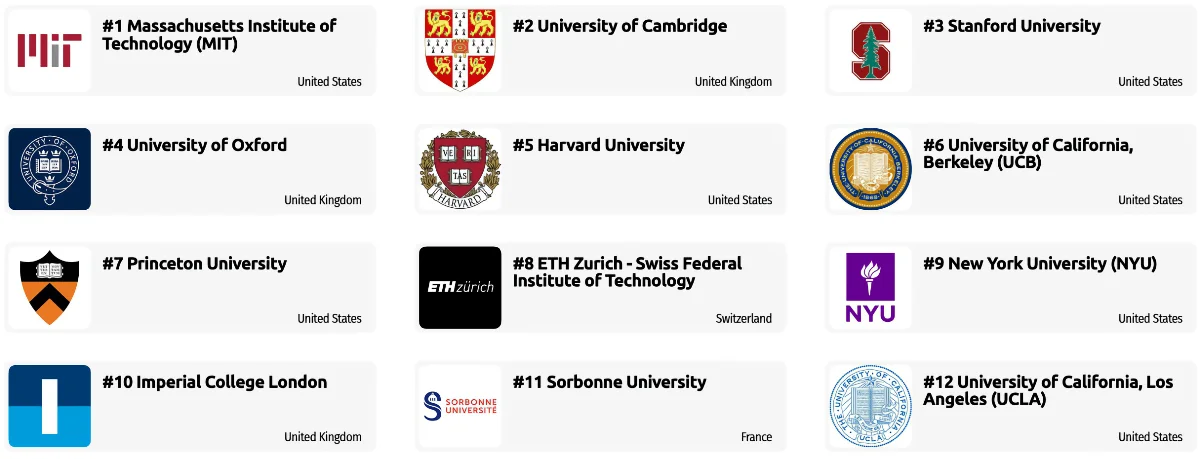Analyst
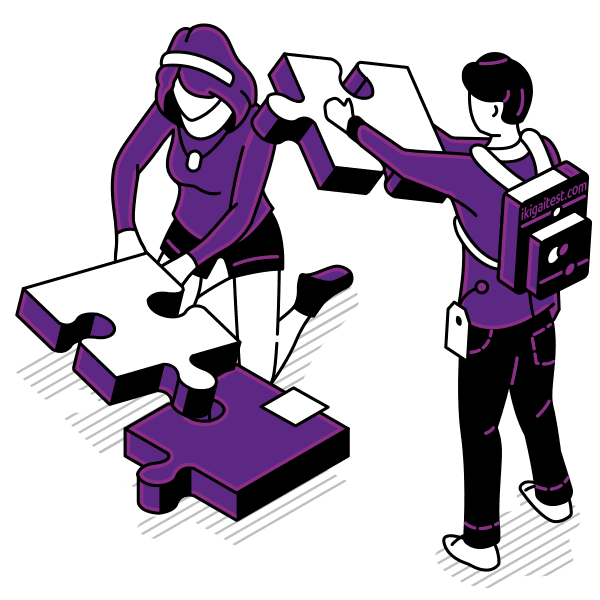
Analysts will often perform the following tasks:
- Identifying the underlying principles, reasons, or facts of information by breaking down information or data into separate parts.
- Using relevant information and individual judgment to determine whether events or processes comply with laws, regulations, or standards.
- Assessing the value, importance, or quality of things or people.
- Compiling, coding, categorizing, calculating, tabulating, auditing, or verifying information or data.
Technician
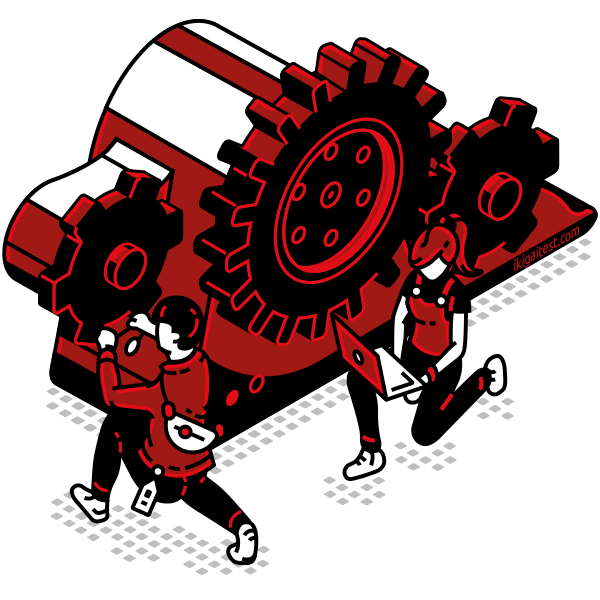
Technicians will often be asked these tasks:
- Providing documentation, detailed instructions, drawings, or specifications to tell others about how devices, parts, equipment, or structures are to be fabricated, constructed, assembled, modified, maintained, or used.
- Using computers and computer systems (including hardware and software) to program, write software, set up functions, enter data, or process information.
- Servicing, repairing, calibrating, regulating, fine-tuning, or testing machines, devices, and equipment that operate primarily on the basis of electrical or electronic (not mechanical) principles.
Other work activities related to Mathematicians
- Disseminating researching by writing reports, publishing papers, or presenting at professional conferences.
- Applying mathematical theories and techniques to the solution of practical problems in business, engineering, the sciences, or other fields.
- Developing computational methods for solving problems that occur in areas of science and engineering or that come from applications in business or industry.
- Maintaining knowledge in the field by reading professional journals, talking with other mathematicians, and attending professional conferences.
- Performing computations and applying methods of numerical analysis to data.
- Developing mathematical or statistical models of phenomena to be used for analysis or for computational simulation.
- Assembling sets of assumptions and exploring the consequences of each setting.
- Addressing the relationships of quantities, magnitudes, and forms through the using of numbers and symbols.
